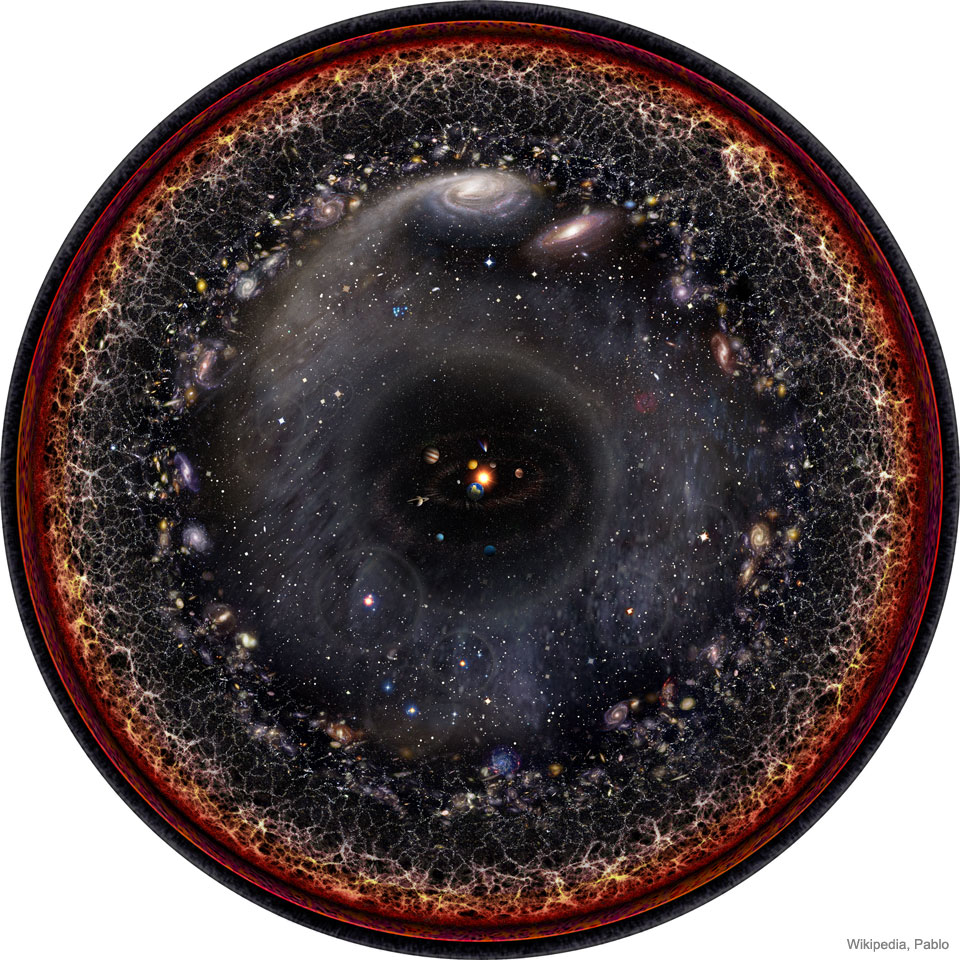So that time-dishonored topic of self-insert characters has rolled around on the Birdie App again, and I had Opinions:
“I suspect this scorn for authorial “self-insert” has leached into the water supply from the early psychologists and New Critics, who liked to tout the “objectivity” of high art as against art that draws on personal narrative, i.e., what women were doing at the time.
This got mixed in with the whole "Mary Sue" Disk Horse and cemented "self-insert characters" as a benchmark sign of bad writing.
It's bullshit at the root. As better people than I have pointed out, it's easy to seem "objective" when your POV is already dominant enough to be widely understood.
But the point of creating stories is to speak to some truth. Everyone with a functioning human instrument can do that; it's just that our culture wants to pretend that only some of us are worth hearing stories from.
I once wrote half a million words centering on what I called a "Mary Sue on purpose" — but my so-called "self-insert" character quickly took on a life of her own, which is as it should be.
I’m not writing any overtly self-modelled characters right now, but I reserve the right to if I goddamn want. So there.”
Originally tweeted by L. Inman (@linman) on January 31, 2021.
This is a topic Erica and I revisit occasionally: how we make characters out of our own soul-stuff, how we spin a creation from the ephemera of our minds. All characters are, as I quoted above, made of the author in one way or another — modelled, acted out, mimed, wept out of our own tears. You can’t “insert” anything into a story of your making, even a simulacrum of your own self for metacommentary’s sake.
Yet there are these hidden rules of criticism like bear traps in the path, that the reader is obliged to guess what parts of your story are biographical, and your job is to make the guessing very difficult. But, as it turns out, it’s always pretty easy to guess — wrong.
Oh, certainly, a better-written story is seamless in its elements, and nothing feels manufactured or out of place. But: the rules are a lie. You don’t have to guess the author’s biography, and there are no prizes for guessing right. Cynicism is not the opposite of naivety; the trajectory away from naivety goes in an entirely different direction.

I find it kind of telling that an author like John Scalzi, who is a Notorious Feminist Patsy Ally, is being tagged here for “bad” writing that is associated with the “bad” writing of women. We all know that women can’t come up with fiction that isn’t based on their own meretricious lives, amirite? But it’s different when F. Scott Fitzgerald does it.
Which is not to say that we don’t occasionally run across a story in which the id of the author is painfully obvious. It’s just that I don’t think that kind of discernment is useful as a critical apparatus — or at least, not as a primary driver of criticism. In that sense, the project of the New Critics was a worthwhile project. It’s just that they started out with a lot of begged questions, and that doesn’t do the reading public any favors.
We need a new new criticism, for these factionalist times.
